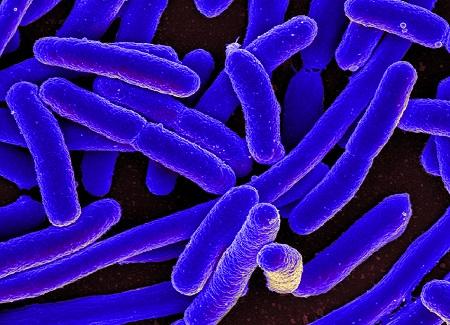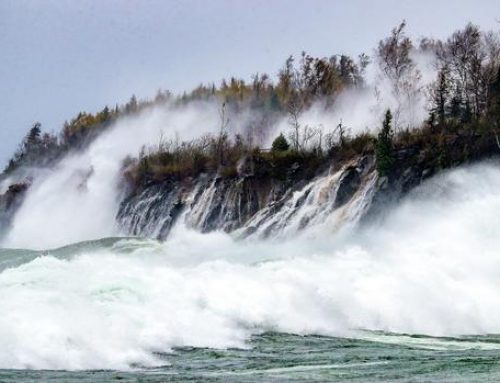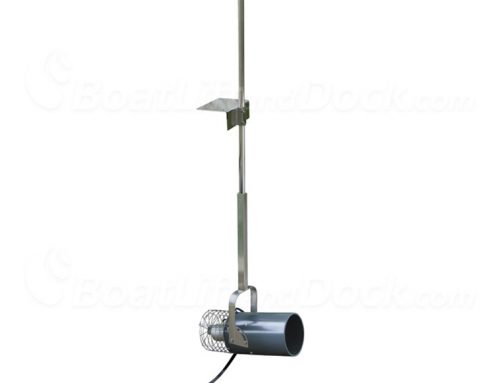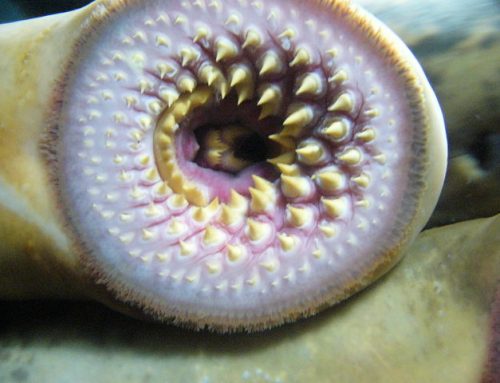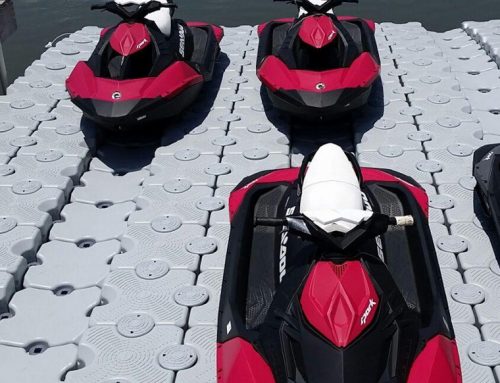E. Coli is a problem for many lakes and beach goers every summer. The bacteria can run off during large storms down into the rivers and then flow into the lakes, contaminating the surrounding beaches. E. Coli can often be a warning sign that other, even more dangerous kinds of bacteria may be in the water such as typhoid, cholera and dysentery. This is why local communities are very active in shutting down beaches for the public’s safety at the first sign that E. coli levels are elevated above normal.
Birds can be a big factor in the amount of E. coli bacteria in the waters they live on and around. Geese migrate to our waters during the summer to feed on the grass growing in the parks and recreation areas near our beaches. They then head down to the water to drink repeatedly during the day. All the while doing what birds do and pooping on everything they encounter. Up to two pounds a day! This waste is then washed directly into the waters off the beach they are around. Given enough geese, enough time and proper conditions they can raise the bacteria levels to dangerous levels. Especially if the water is warm and murky like some shallow inland lakes can be.
In an interesting turn of events an unlikely helper in cleaning up all that bad bacteria is an invasive species. Sometimes invasive species can have positive consequences and the quagga mussel is one of those instances. The mussel is a filter feeder and can clean the water by collecting the bacteria in the water and consuming it. This is turn lowers the amount of E. coli in the water and help keep beaches open. Quagga mussels also improve the water clarity which lets more sunlight deeper into the water column. UV radiation from the sun damages the E. coli bacteria’s DNA putting it in a dormant state. A drop for the last 15 years in total beach closings due to the bacteria has been correlated to the rise in the quagga mussel population in Michigan’s waters. The mussels arrived in the ballast of ships that traveled through eastern Europe and then released their ballast into our water systems. First discovered in Lake St. Clair 30 years ago, quagga mussels can now be found in all the Great Lakes and most major river systems in the eastern United States. Although they are a detriment to our environment by voraciously eating the algae and zooplankton that creates the base of the food web, they do provide this small benefit for the beach goers of our state by creating clearer and cleaner waters.
If you want to know what beaches my be closed in your area the Michigan Department of Environmental Quality has a great tool to single out your county and check where is safe to swim.
Photo Credit To: NIAID, CC BY 2.0

